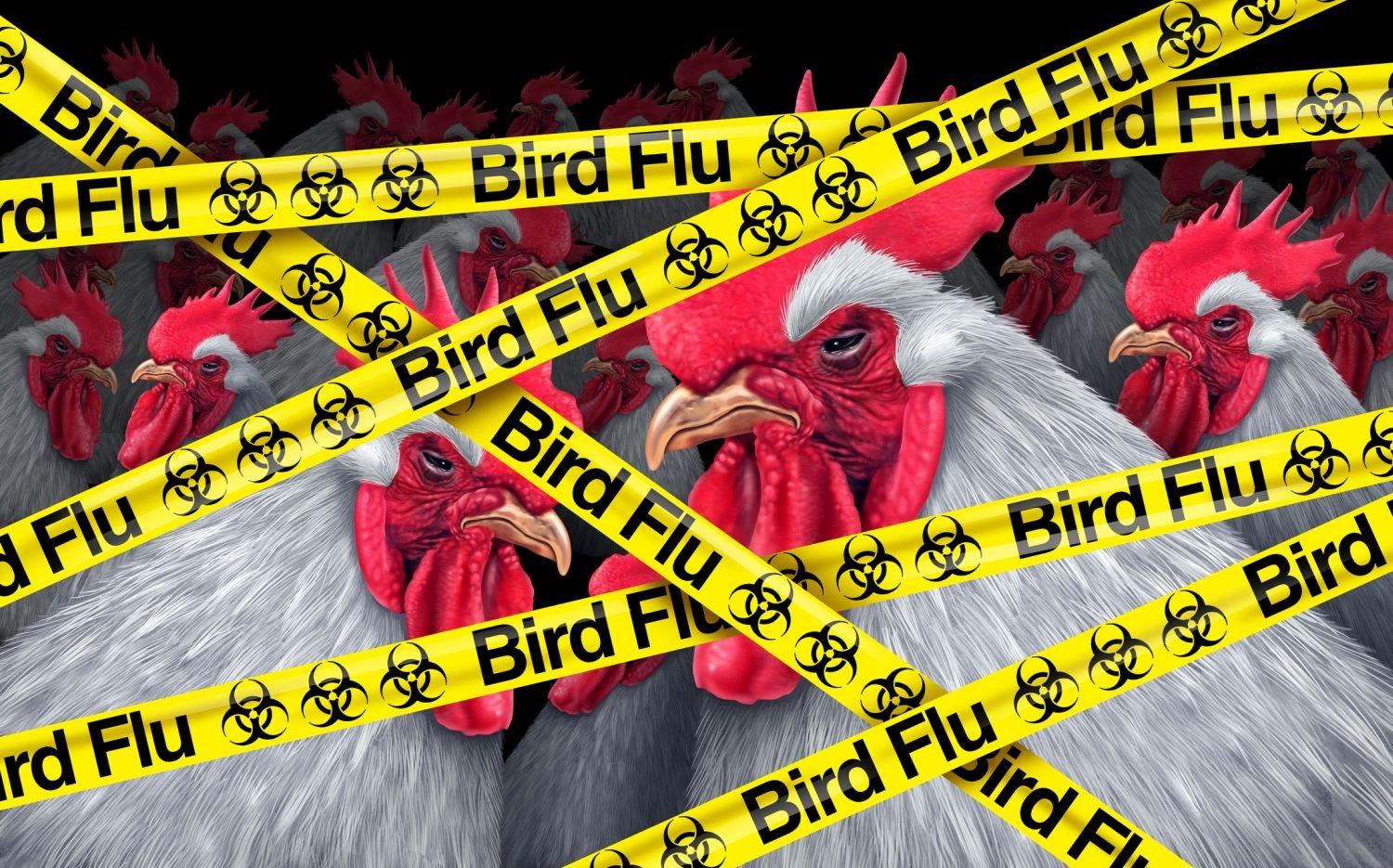South Africa risks a chicken shortage if the Department of Agriculture bans imports from Brazil.
South Africans must brace for a potential rise in chicken prices, as the government is expected to ban imports from Brazil following a recent outbreak of avian influenza, commonly known as bird flu, in that country
Brazil supplies more than 84% of South Africa’s poultry imports. Should the Department of Agriculture ban the imports, the poultry industry in SA could face a massive shortage, leaving the industry little to no choice but to increase prices.
The same measures may be forced upon Astral Foods, South Africa’s largest poultry producer, which is already under pressure from rising input costs despite remaining profitable.
ALSO READ: Bird flu: Farmers can apply for compensation for animals destroyed
Chicken shortage
The Association of Meat Importers and Exporters (AMIE) has urged the government to avoid a blanket ban on Brazilian imports and instead adopt a regionalisation strategy that targets only the specific areas affected by the outbreak.
This approach has already been announced by Japan, Saudi Arabia, the UAE, and the Philippines in response to the outbreak in the Brazilian state of Rio Grande do Sul.
AMIE CEO Imameleng Mothebe warned that a full ban on Brazilian poultry imports would have devastating consequences for South African poultry processors and consumers, particularly the country’s most vulnerable.
The importance of chicken imports
“Imported poultry not only fills the country’s poultry consumption gap, but also provides the necessary competition to ensure that prices are kept in check.
“Chicken is the most affordable protein source for many South Africans, and a disruption in the supply of poultry products, including bone-in chicken and mechanically deboned meat (MDM), will significantly drive up prices and impact food security,” she added.
Mothebe said a blanket ban on imports will lead to sharp increases in the prices of these products, making them unaffordable for many, particularly those in low-income communities.
If this happens, it would exacerbate food insecurity at a time when consumers are already facing high inflation and economic pressures. Coupled with this is the potential job losses arising from the unavailability of MDM product required to keep the meat processing facilities running.
ALSO READ: Egg prices increasing globally due to US shortage — Should SA take advantage and export?
SA has potential
With more than 84% of South Africa’s poultry imports coming from Brazil, it is highly possible that the country would face a chicken shortage. However, the South African Poultry Association (Sapa) holds a different view.
Izaak Breitenbach, CEO of Sapa’s Broiler Organisation, said SA has enough capability to make up for the shortfall.
“We are currently producing about 21.5 million chickens per week, and the industry has the capacity to increase this by about another million birds per week.
He added that winter months are a period of lower demand for chicken. Therefore, the additional supply of chicken should be sufficient to prevent shortages or price increases.
“The impact of a ban on Brazilian chicken imports will not be felt immediately. Chicken imports from Brazil can take about six weeks to reach South Africa, and products dispatched before the ban is implemented will not be affected.”
Brazil has no compartmentalisation deal
Breitenbach added that if Brazil had a compartmentalisation agreement with South Africa, chicken imports from other parts of Brazil that are not affected by the bird flu outbreak would be allowed.
“If there is a problem following a ban on Brazilian imports, it will concern MDM, not fresh or frozen chicken meat. MDM is a paste used in the production of processed meats, such as polony and sausages; it is not produced in large quantities in South Africa.”
MDM accounts for about 60% of our poultry imports from Brazil. The second-largest category is offal – products such as chicken heads, feet, gizzards, and livers. A far smaller proportion, 4.5% of Brazilian imports, comprises bone-in chicken portions such as leg quarters, thighs, drumsticks and wings.
The Citizen has reached out to the Department of Agriculture for a comment.
Company loses profit
Astral Foods’ financial results for the six months ended 31 March 2025 show the company lost 51% of its profit before interest and tax due to higher input costs.
The company is under pressure due to increased costs and its inability to pass these costs on to consumers by raising food prices.
The results show the business was able to see more chicken during the six months. However, these sales were made with selling prices down 3.1% year-on-year.
Astral Foods effectively subsidised the cost of producing chicken during the period, resulting in a loss of R26 million for the poultry division.
NOW READ: Here are the economic and social impacts of bird flu
